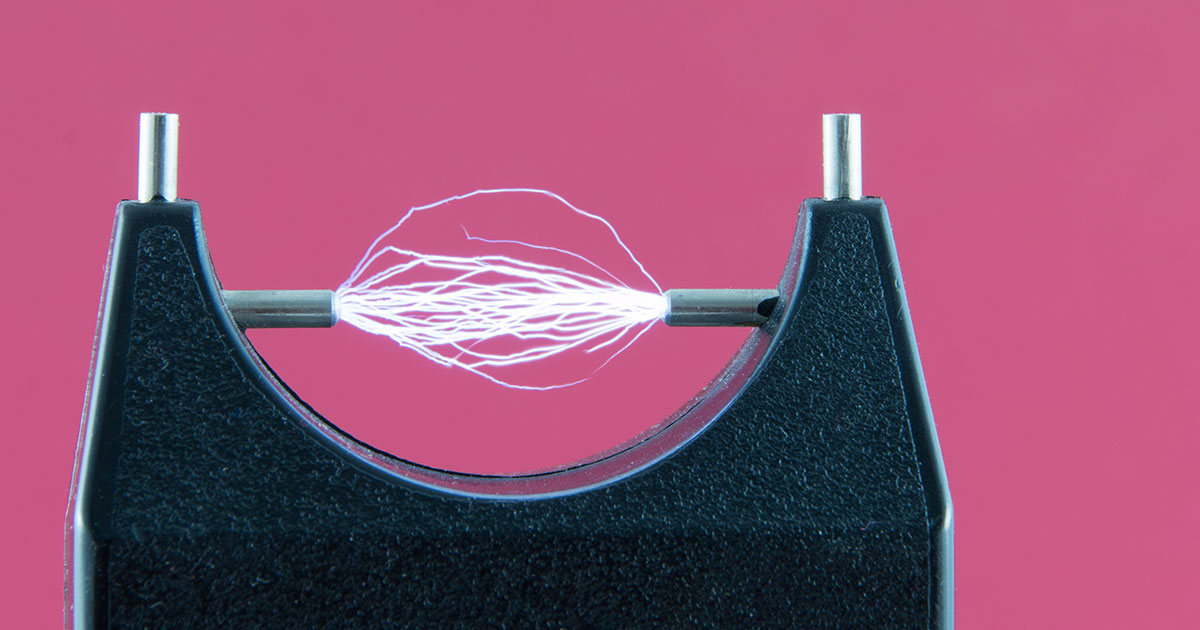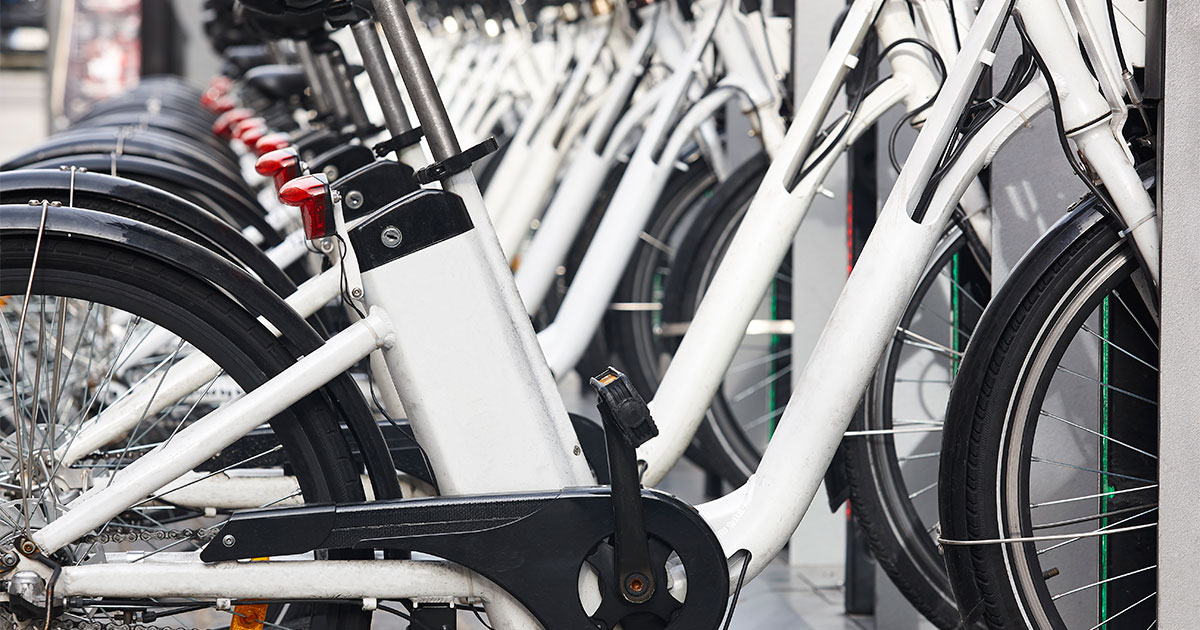Making a Finer ‘Hit’ Point

In “Hit Points: Regulating Less-than-Lethal Weapons” (Wisconsin Lawyer, July/August 2022), Peter Heyne explained that, along with training and common sense, knowledge of Wisconsin laws regarding weapons will help protect individuals who carry and use less-than-lethal items to keep themselves safe.
He posted a clarification.
Author: As a follow-up. People with felony convictions, even for non-violent crimes, currently cannot legally possess in Wisconsin any of the three less-than-lethal weapons discussed. As detailed in the article, state law requires a concealed carry license (CCL) for both billy clubs (whatever that term even means) and “electric weapons” like tasers and stun guns, and a person with a felony conviction cannot get a CCL. State law also bans those with felony convictions (of any type) from possessing OC/pepper spray, unless that person has been pardoned for the felony. See Wis. Stat. § 941.26(4)(L): “Any person who has been convicted of a felony in this state or has been convicted of a crime elsewhere that would be a felony if committed in this state who possesses a device or container described under par. (a) is subject to a Class A misdemeanor. This paragraph does not apply if the person has received a pardon for the felony or crime.” Thus, people with even non-violent felony convictions have few if not minimal options for lawful self-defense. They cannot possess the lethal options: firearms or concealed knives that are dangerous weapons. They cannot possess the common less-than-lethal options – no OC, billy clubs, or electric weapons.
Peter R. Heyne
State Public Defenders Office, Green Bay
OWI Law Meets Electric Bikes and Scooters

In “On the Road Again: OWI Law and Electric Bikes and Scooters” (InsideTrack, Aug. 17, 2002), Peter Heyne wrote about the intersection of OWI law and electric bikes and scooters. He said, “Electronic bikes and scooters are more popular than ever. Though foolish and risky both to the driver and the public, riding an electric bike or scooter on a public road while under the influence does not appear to violate Wisconsin OWI laws.”
A reader posted a comment:
Reader: The article is accurate with respect to violations of Wis. Stat. chapter 346 but does not discuss more serious OWI-related crimes. Violations of Wis. Stat. section 940.09 or 940.25 for causing death or great bodily harm by intoxicated use of a vehicle can be prosecuted against e-bike or e-scooter operators. The definition of “vehicle” in the criminal code, Wis. Stat. section 939.22(44), applies under those statutes and neither e-bikes nor e-scooters are excluded from that definition.
John J. Sobotik
Wisconsin Department of Transportation, Madison
Author response: I appreciate the reader’s comment. I focused on standard OWI laws in Wis. Stat. chapter 346, but it is good to look at the entire criminal code.
Yes, it would appear that a person could be charged for either Wis. Stat. section 940.09 or 940.25 for causing death or great bodily harm, respectively, while operating while intoxicated any type of self-propelled vehicle, e.g., e-scooter or e-bike (for the latter, at least if the e-bike was using its motor, not if purely foot-powered at the time).
See the annotation to Wis. Stat. section 940.09: “The definition of vehicle in s. 939.22 (44) applies to this section and includes a tractor. State v. Sohn, 193 Wis. 2d 346, 535 N.W.2d 1 (Ct. App. 1995).”
At the same time, given their low speed and weight limitations, e-bikes and scooters would not likely cause either death (Wis. Stat. section 940.09) or great bodily harm (Wis. Stat. section 940.25). There could be a freak accident, I suppose.
Peter R. Heyne
State Public Defenders Office, Green Bay
We Want to Hear from You! Submit a Letter to the Editor
Wisconsin Lawyer provides a forum for members to express ideas, concerns, and opinions on law-related subjects. Send comments to wislawyer@wisbar.org (include “Letters” in the subject line), or mail to Wisconsin Lawyer “Letters,” P.O. Box 7158, Madison, WI 53707-7158. Limit to 500 words. Writing guidelines available.
Connect With Us Online. Post comments to articles
online, and find us on Facebook, Twitter, LinkedIn, Instagram, and YouTube.
» Cite this article: 95 Wis. Law. 6 (October 2022).
